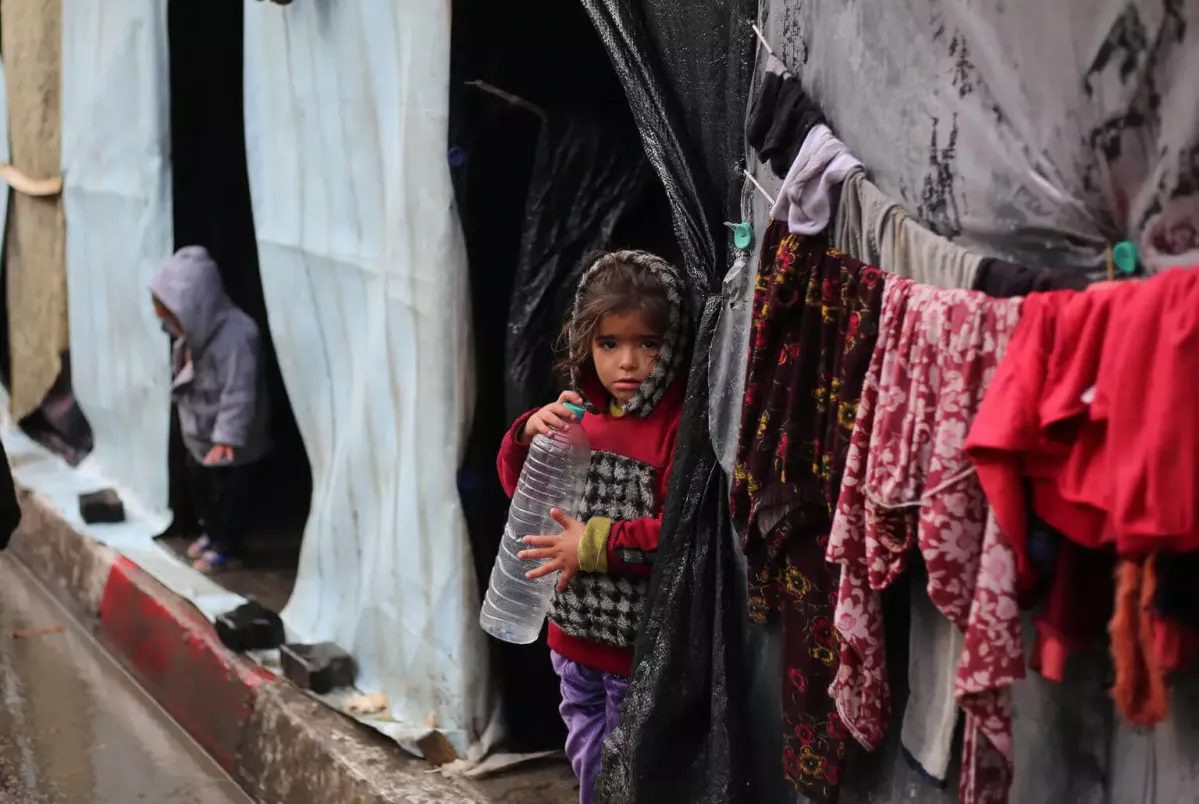
Children are dying at an alarming rate – more than 13,000 are reported to have been killed in this current conflict and thousands more have been injured. Around 1.7 million people in the Gaza Strip are estimated to have been internally displaced – half of them children. They do not have enough access to water, food, fuel and medicine. Their homes have been destroyed; their families torn apart.UNICEF and its partners are on the ground in Gaza delivering immediate humanitarian support.
The ongoing surge of hostilities in the State of Palestine and Israel is taking a horrendous toll on the lives of children and their families.
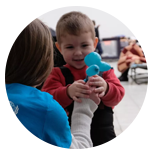
Your montlhy gift can make a big difference
Your donation is used by UNICEF to reach and protect children in most vulnerable situations in Greece and around the world.

You can save a life
Even a small donation can help save the life of a child who needs treatment for malnutrition.
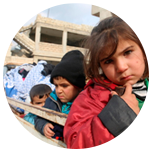
Help in emergency situations
UNICEF's actions reach millions of child victims of war with drinking water, psychosocial support, health services, education and hygiene kits.
Support children in emergency with a monthly donation.
Your monthly donation will contribute to significant outcomes for children and enable UNICEF to provide immediate assistance during times of humanitarian crisis. A monthly gift is a recurring gift amount that you choose to send each month, and it is even more impactful because you're helping children every single day. Monthly donors enable us plan effectively in our upcoming work, reduce costs and most importantly, reach even more children in need. We couldn't continue our efforts without the support and generosity of monthly donors, and we hope you'll consider joining the UNICEF pledge giving family.
Your contribution is vital to achieving results for children and protecting their childhood.
SEE HOW YOUR DONATION CAN MAKE A DIFFERENCE
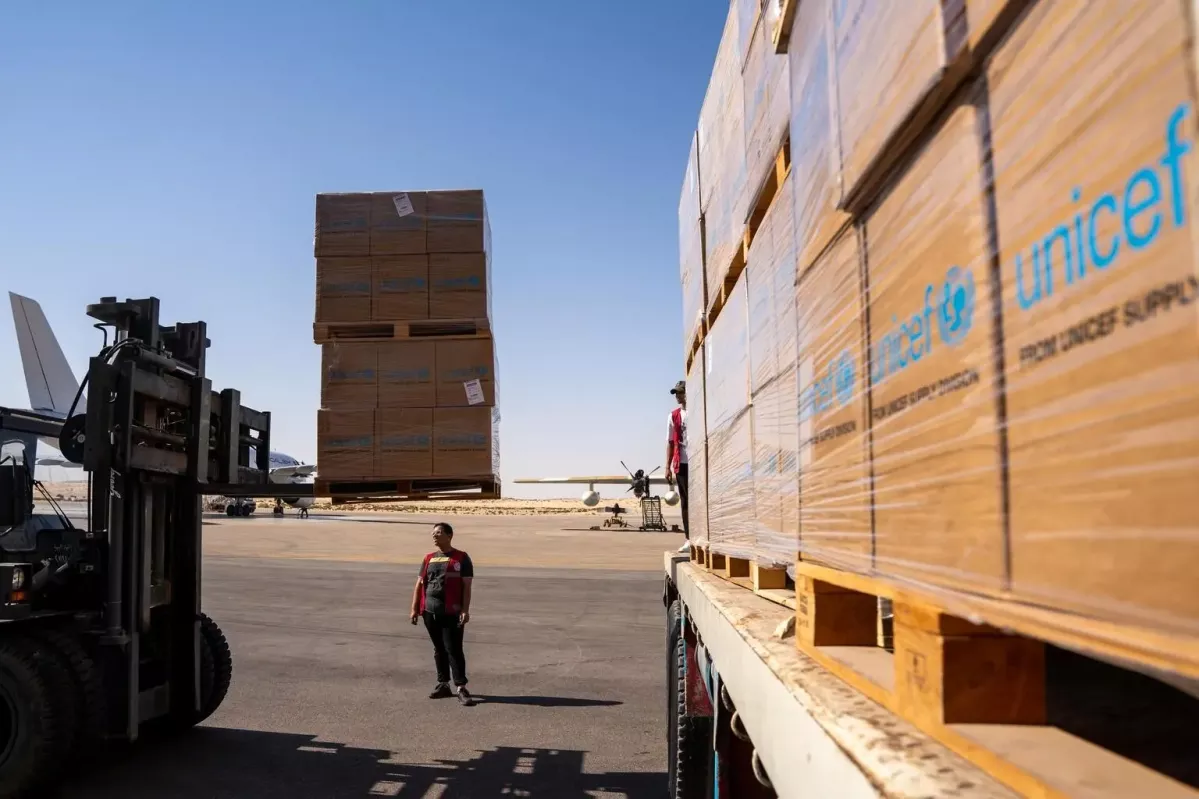
UNICEF trucks brought critical supplies including 10,800 family hygiene kits, water tanks and collapsible tanks for 2,500 people, 577,500 sanitary pads, 69,960 bottles of ready-to-use formula for 500 infants, various medical kits and supplementary foods for 55,000 people.
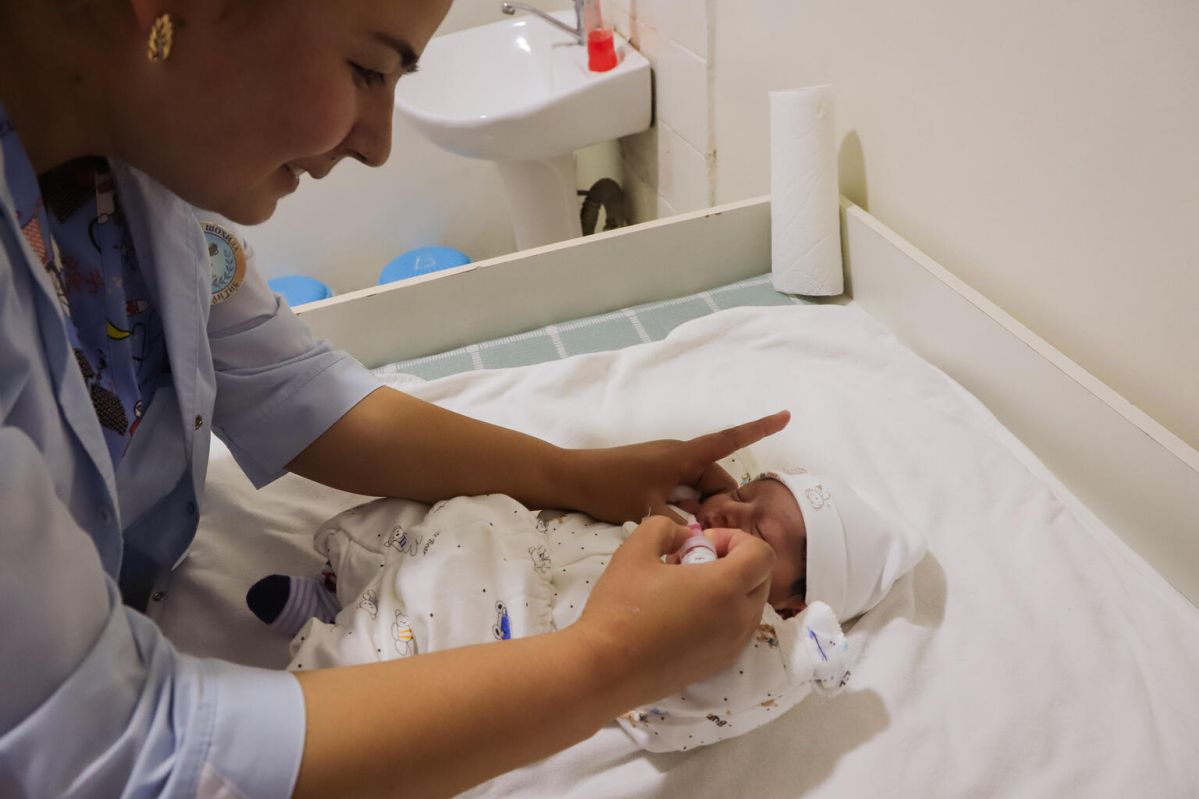
UNICEF is delivering medical supplies to hospitals and health facilities, including incubators and supplies for newborns and kits for midwives. On Dec. 29, UNICEF delivered 600,000 doses of routine vaccinations to southern Gaza, providing a crucial lifeline for children.
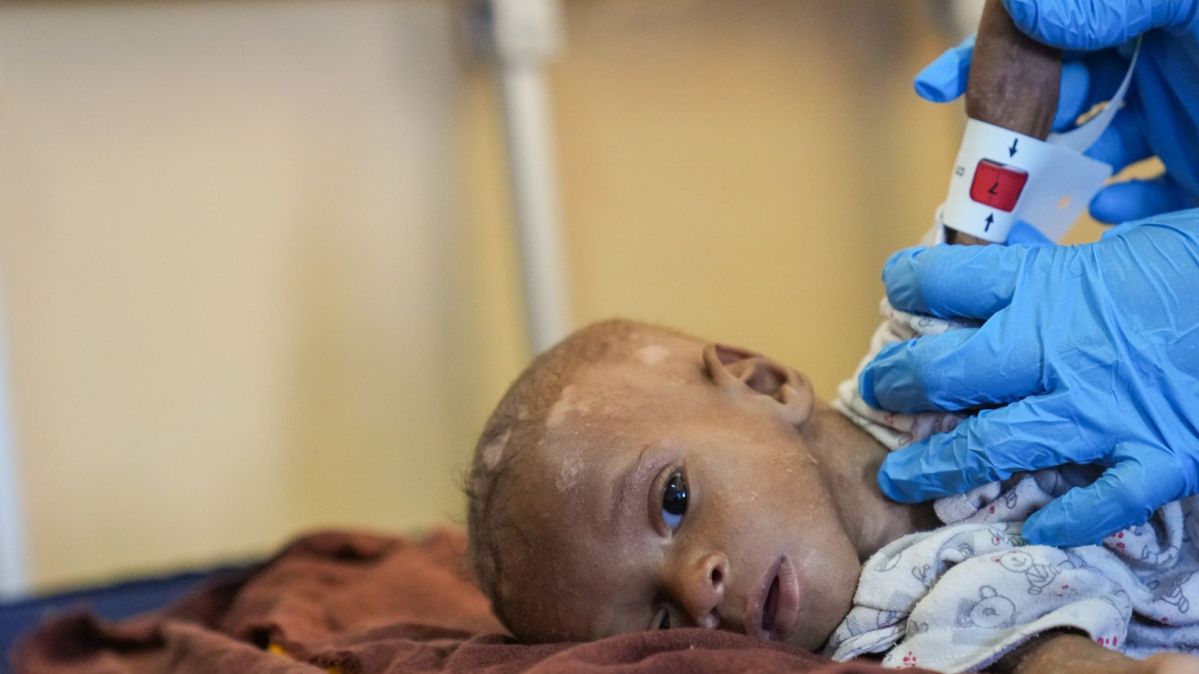
UNICEF has been delivering a range of essential nutrition supplies including, amongst other essentials, high energy biscuits for young children and micronutrient supplementation for children and pregnant and breastfeeding women. UNICEF is also working with partners to conduct screenings in shelters and healthcare facilities for acute malnutrition.
Global Donor testimonials
WHY UNICEF

90+ million lives impacted
UNICEF saves more children’s lives than any other humanitarian organization.

In Greece and Worldwide
Being active in 190 countries and territories allows us to build up our local presence, and foster the relationships needed to drive results in communities.

Making every donation go further
With UNICEF, you know your donation is safe & secure. Your contribution is supporting the children that need it the most in Greece and worldwide.